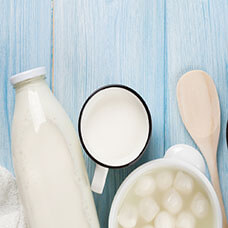
Is drinking tea good for the heart? Teas are beneficial for the heart
Tea is considered a healthy beverage recommended by many nutrition experts for daily consumption. One of the benefits of drinking tea daily is reducing the risk of heart diseases and improving heart health. So, is drinking tea really good for heart health? Let's find out in the article below.
How is tea beneficial for heart health?
Tea is one of the best sources of flavonoids, which can be found in both black and green tea. This compound acts as a potent antioxidant, helping to neutralize harmful free radicals in the body. Numerous studies have shown that flavonoids in tea can enhance heart health by improving blood vessel function, tissue, and cholesterol levels.
High blood cholesterol is a risk factor for heart disease and stroke. This is because it leads to the accumulation of plaque in the artery walls, narrowing the coronary arteries. Tea has been proven to reduce the risk of heart disease by maintaining endothelial function. Additionally, the phytochemicals in tea can enhance artery dilation, thus improving coronary artery function and reducing the risk of heart disease.
Furthermore, various types of tea, especially green tea, are rich in theobromine and EGCG (epigallocatechin 3-gallate), which relax blood vessels and improve blood circulation. These substances can also protect the body from mechanisms related to heart failure.
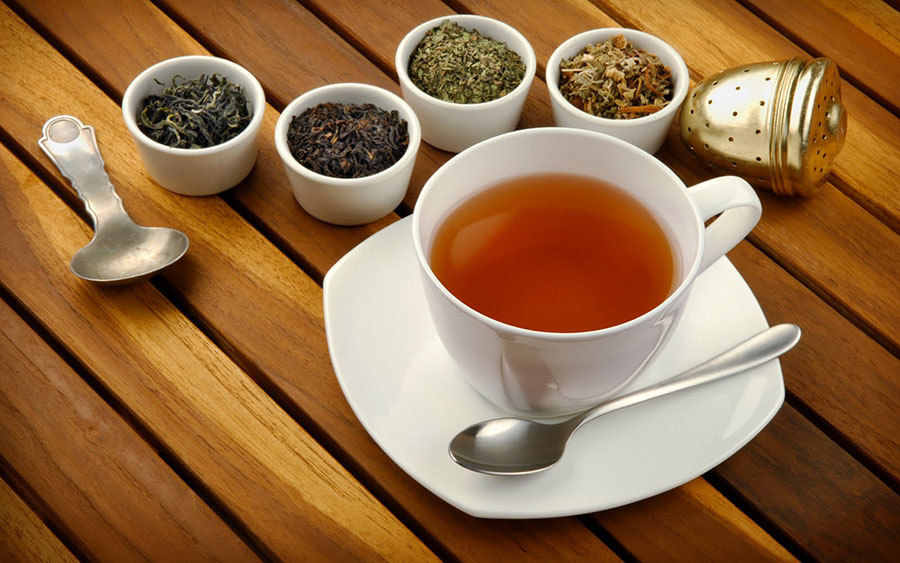
5 teas that be good for heart health
Green Tea
Research on green tea has shown that this type of tea reduces LDL cholesterol and neutral fats. Additionally, green tea is rich in powerful antioxidants, especially a compound called epigallocatechin gallate, or EGCG, which can help prevent arterial plaque buildup and artery blockage. EGCG can also boost metabolism, aiding in achieving and maintaining a healthy weight. Furthermore, green tea enhances the function of endothelial cells in blood vessels.
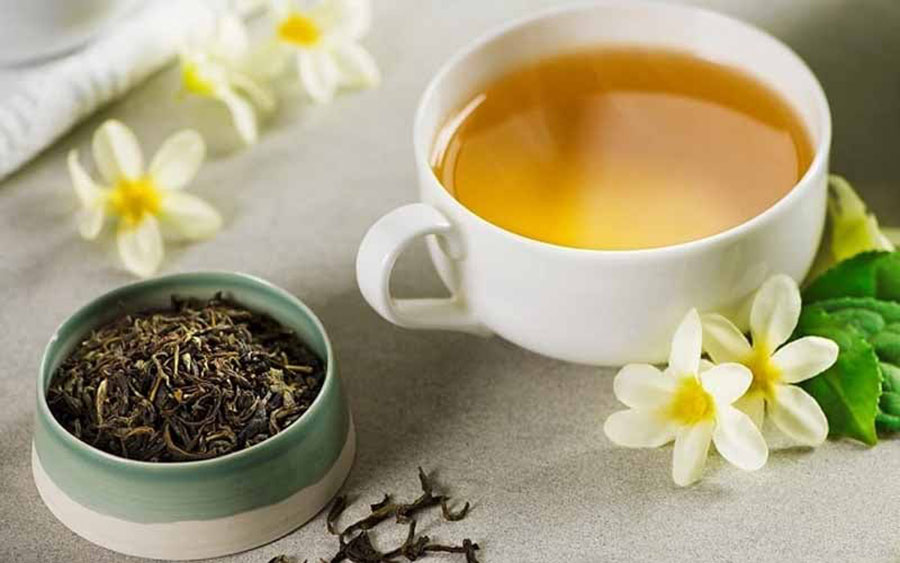
White Tea
White tea is harvested from young tea leaves and undergoes minimal processing to preserve its natural flavor. It is the purest form of tea and is recommended for overall heart health. The flavonoids in white tea are good for the heart, promoting artery dilation by thinning the blood, reducing blood pressure, and lowering bad cholesterol. White tea not only protects heart health but also benefits the entire circulatory system.
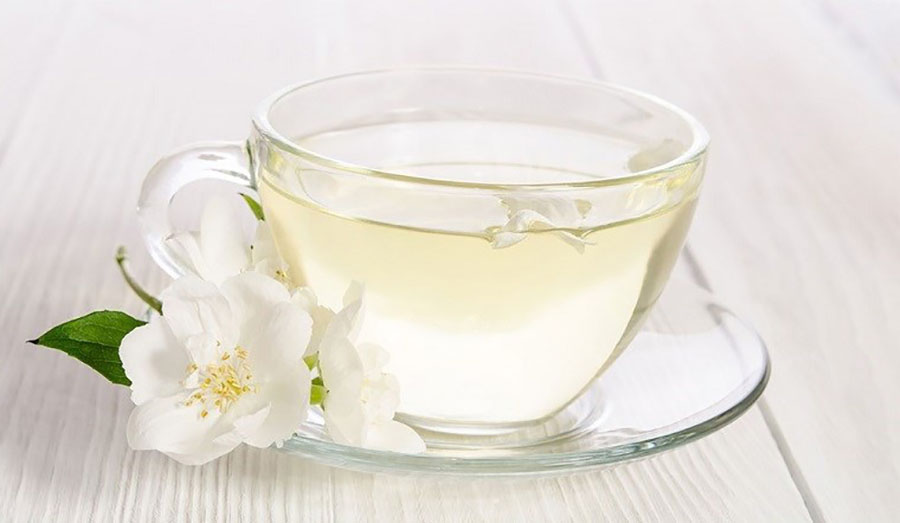
Oolong Tea
Oolong tea is an oxidant-rich tea that contains numerous antioxidants and similar compounds to green tea. One of these is polyphenol, which can activate an enzyme that breaks down neutral fats. This enzyme contributes to artery thickening, increasing the risk of stroke, heart attack, and other heart-related issues. Many studies have also indicated that oolong tea can reduce high cholesterol levels, a major risk factor for heart disease.
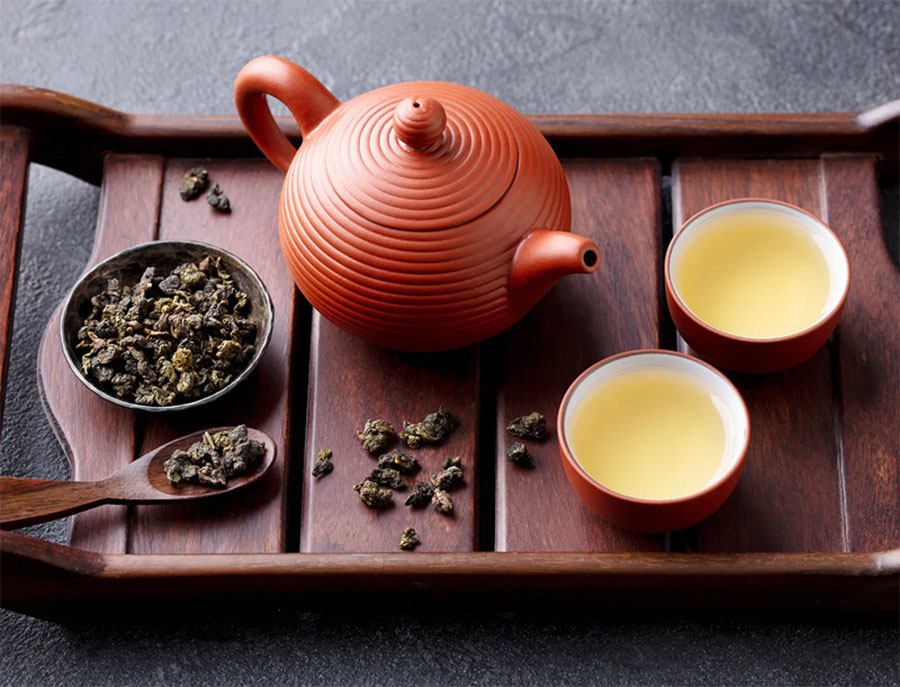
Ginseng Tea
Several studies have suggested that ginseng can lower blood pressure by dilating arteries. This type of tea thins the blood by preventing platelet adhesion and may improve cholesterol levels. Ginseng tea is an excellent alternative to sugary drinks, offering the added benefit of enhancing heart health. It not only helps with weight loss but also reduces excess sugar, which can harm your heart.
Chamomile Tea
Though herbal tea is not derived from traditional tea plants, it still provides various health benefits, including gentle herbal teas made from chamomile flowers. While these types of tea may not directly impact heart health, they can support it, especially in terms of sleep quality. Improved sleep can lead to various overall health benefits, including heart health. Relaxing with a cup of chamomile tea before bed is a good habit to maintain every day.
In general, drinking tea offers many benefits for heart health, especially the types mentioned above. However, if you have heart health issues or are taking medication for heart-related conditions, it's advisable to consult with a doctor to choose the most suitable tea for your specific needs. To stay updated on more useful information about tea, don't miss other articles on UniMall.
See more:


